We started growing organic in 1997, after selling our conventional family glasshouse. We set up 3 state of the art greenhouses and each one of us started focussing on different organic crops: tomatoes, cucumbers and peppers. The remainder of the land has been used to create a diverse surrounding for animals, birds and insects that are attracted to the flowers and plants in the fields and the pond.
By alternating the use of the greenhouse (through changing crops) on an annual basis, we prevent plagues and pests and keep the soil healthy. It also gives the staff a new and fresh start every year. For energy, a sustainable heating system has been installed, with three residual heating installations. During daytime, energy is delivered to the local energy station. The warmth is stored and used to heat the glasshouses at night. This saves a lot of energy.
Today our business covers 56 acres, of which approx 26 is covered with greenhouses.
The marketing of our products takes place via Nautilus Organic.



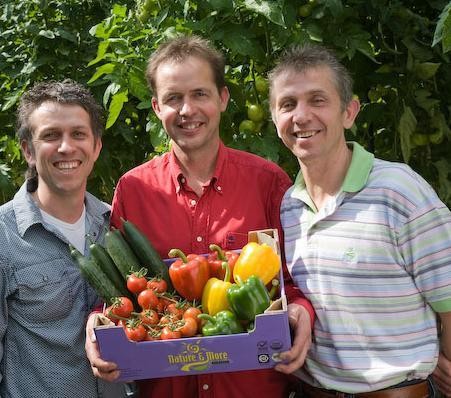
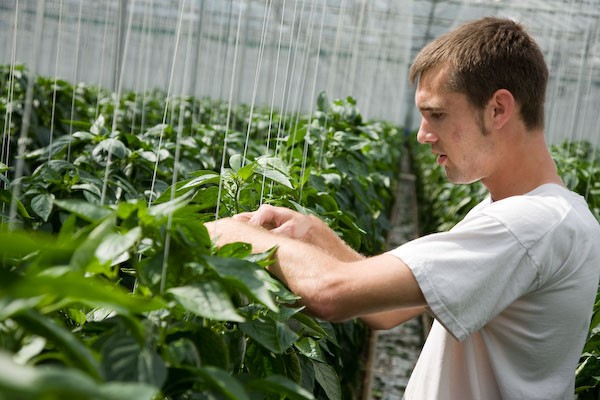
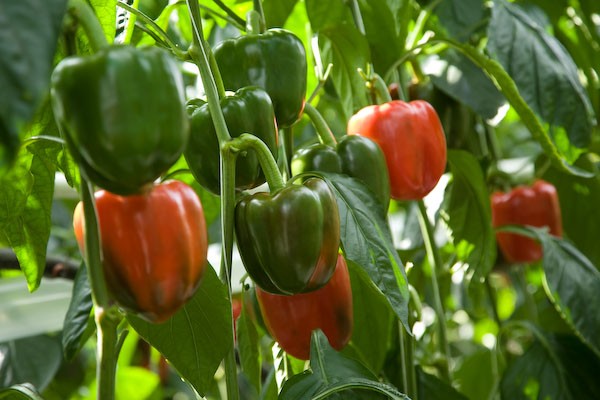
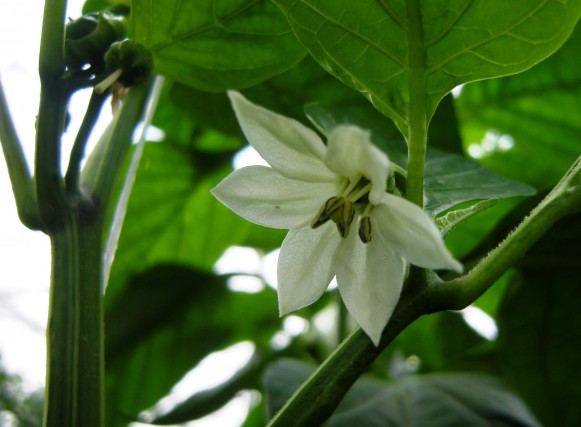
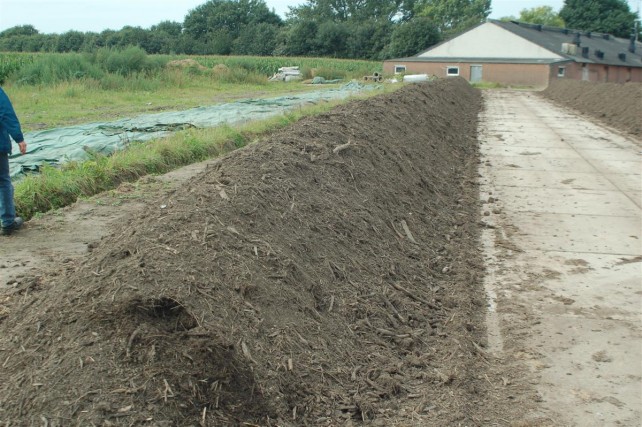
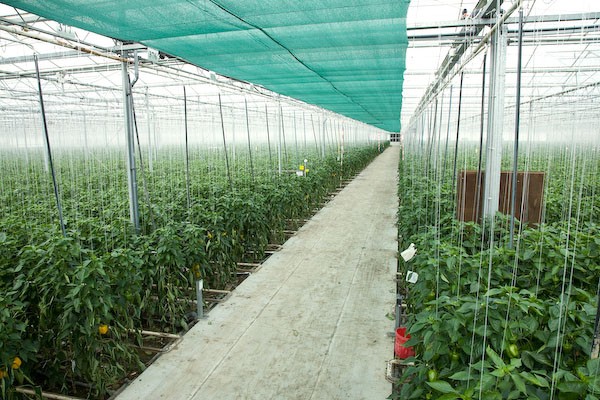
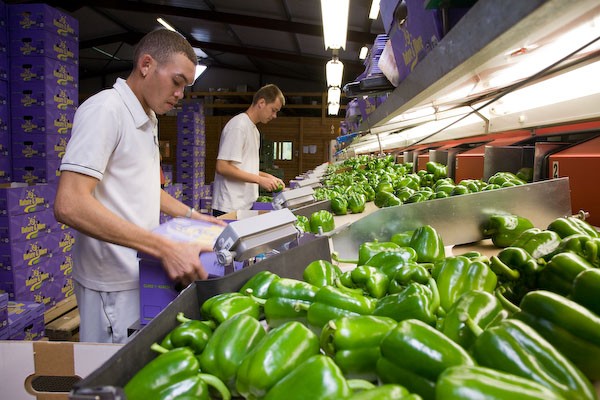
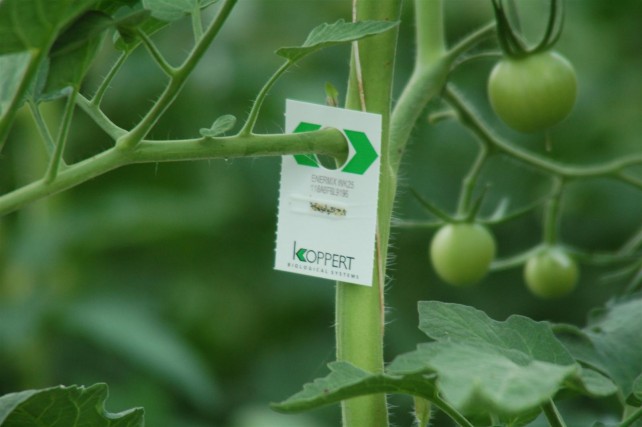
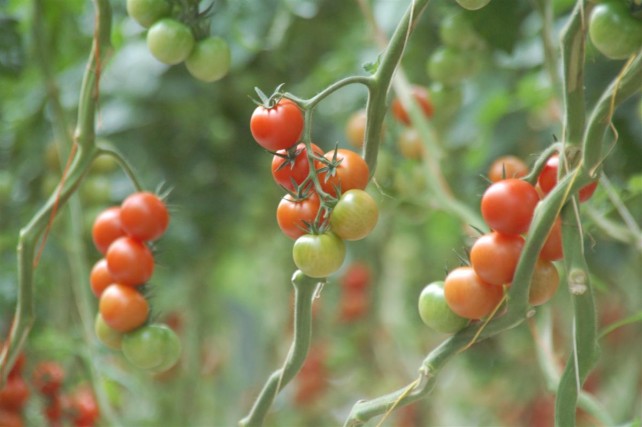
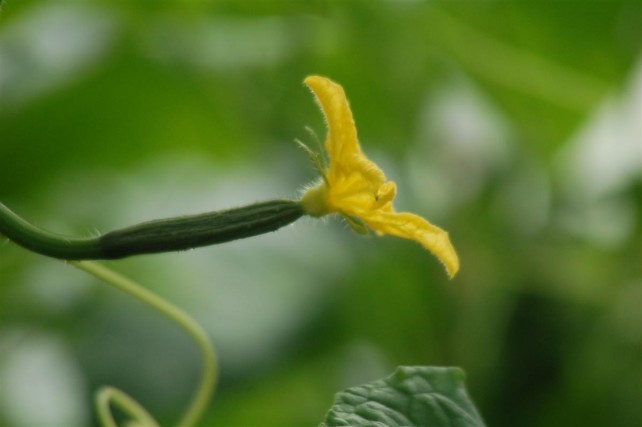
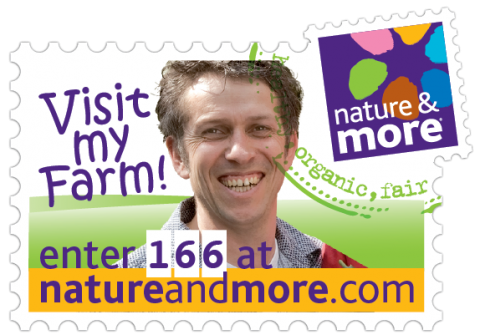
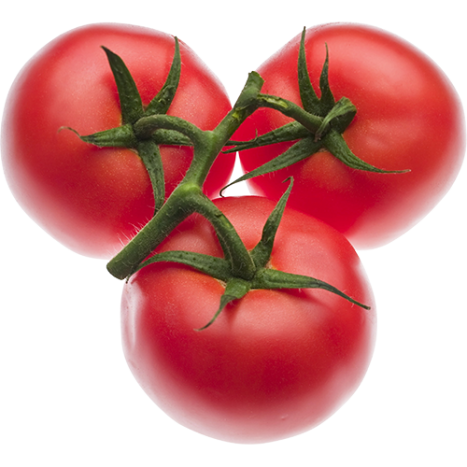
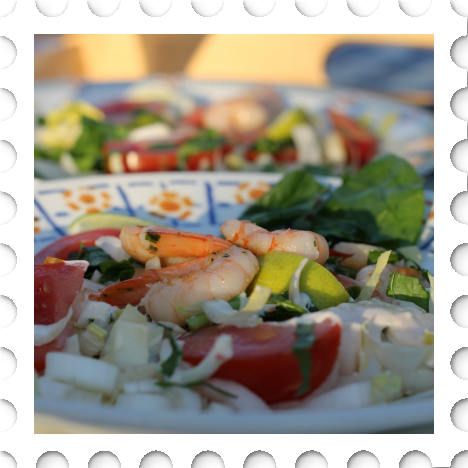
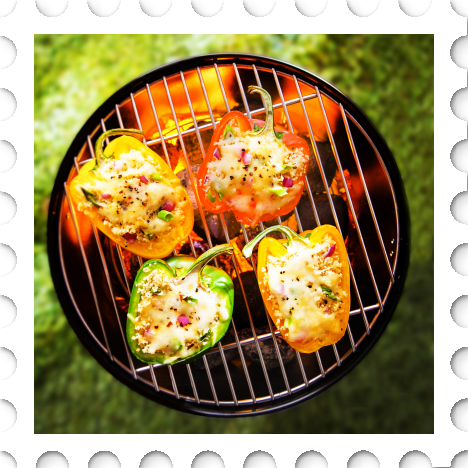
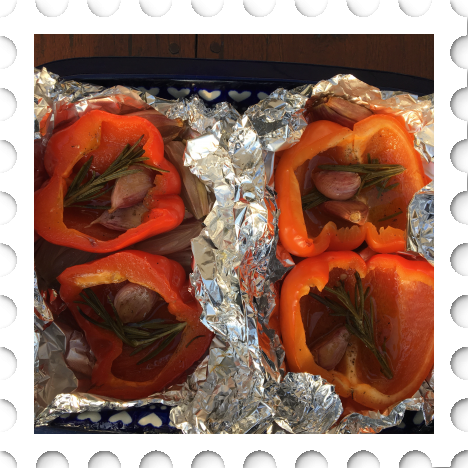
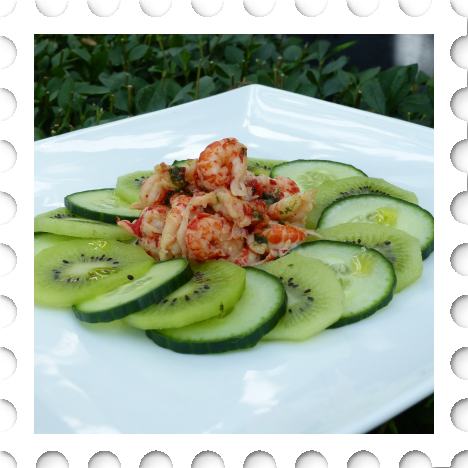

How can we as a small company
How can we as a small company importing vegetables from you
and leave your own feedback!